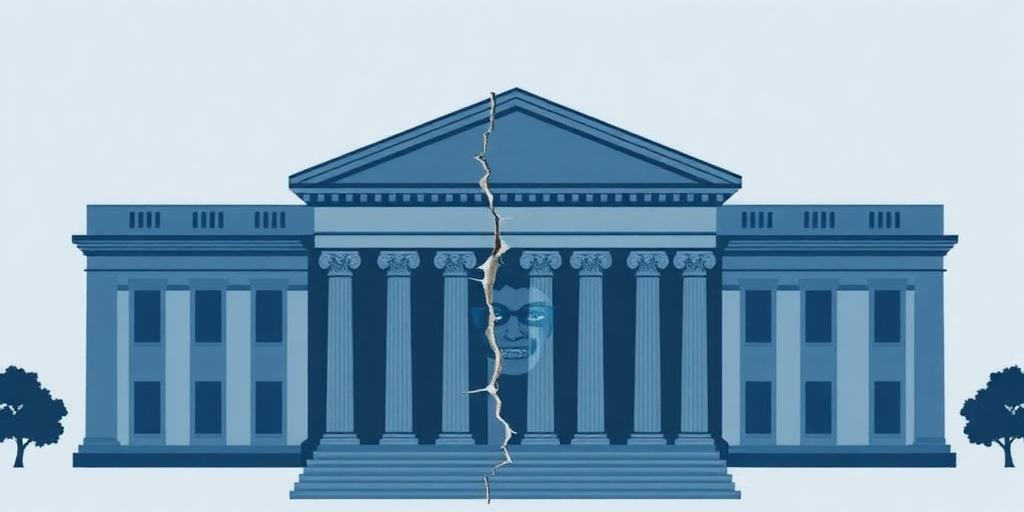Are Institutions Truly Immune to Greed and Fear? A Closer Psychological Look
Institutions, often perceived as bastions of stability and reason, are in reality complex entities comprised of individuals. This begs the question: can institutions, despite their structural frameworks, truly be immune to the psychological forces of greed and fear that influence individual behavior?
The Psychological Underpinnings
Greed and fear are powerful motivators, deeply rooted in human psychology. Greed, the excessive desire for wealth or power, can lead to unethical behavior and a disregard for rules. Fear, on the other hand, whether of failure, loss, or uncertainty, can drive overly cautious or even irrational decision-making.
How Greed Manifests in Institutions
- Corporate Culture: A culture that prioritizes short-term profits and individual bonuses above all else can foster a climate of greed.
- Lack of Oversight: Insufficient regulatory oversight and internal controls can create opportunities for individuals within institutions to exploit the system for personal gain.
- Groupthink: The desire to maintain consensus and avoid dissent can lead to collective decisions that prioritize personal enrichment over ethical considerations.
How Fear Impacts Institutional Behavior
- Risk Aversion: Fear of failure can lead institutions to become overly risk-averse, stifling innovation and progress.
- Herd Behavior: In times of crisis, fear can drive institutions to follow the herd, mimicking the actions of others without careful consideration.
- Defensive Posturing: Fear of scrutiny or legal action can lead institutions to engage in defensive strategies, such as concealing information or shifting blame.
Case Studies
Numerous historical examples illustrate the influence of greed and fear on institutional behavior. The 2008 financial crisis, for instance, was fueled by a combination of greed-driven risk-taking and fear-induced panic selling. Similarly, corporate scandals often reveal how greed and fear can corrupt decision-making at the highest levels of an organization.
Mitigating the Influence of Greed and Fear
While it may be impossible to eliminate greed and fear entirely, institutions can take steps to mitigate their influence.
- Ethical Leadership: Strong ethical leadership is essential for setting the tone and promoting a culture of integrity.
- Robust Governance: Implementing robust governance structures with checks and balances can help prevent abuses of power.
- Transparency and Accountability: Open communication and accountability mechanisms can increase scrutiny and deter unethical behavior.
- Psychological Safety: Creating an environment of psychological safety, where individuals feel comfortable speaking up and challenging the status quo, can help prevent groupthink and promote more balanced decision-making.
Conclusion
Institutions are not immune to the psychological forces of greed and fear. Recognizing these influences and implementing strategies to mitigate their impact is crucial for ensuring that institutions serve their intended purpose and act in the best interests of society.









